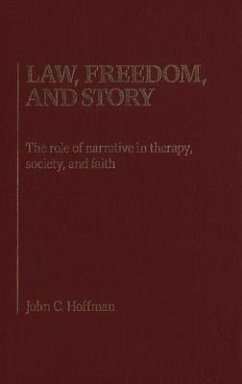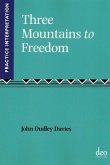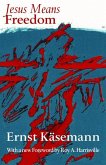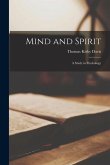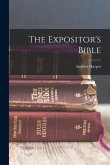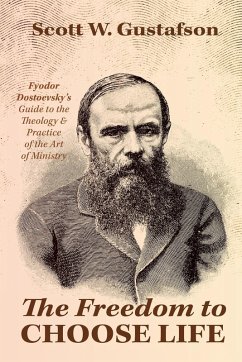Rarely has an author illuminated in one book an aspect of religious study with attention to so many disciplines. John Hoffman skilfully interrelates the fields of psychology, mythology, anthropology, literature, and New Testament studies to show their common use of narration techniques. Hoffman explains how the storytelling nature of myths, parables, and psychotherapy seeks to heal and to bring wholeness to both the individual and to a social grouping. Bringing into this discussion the tension between law, the stabilizing factor of a society, and freedom, the spontaneous and creative urges that move outside of social order, Hoffman shows how rituals function to affirm the order of the culture in which they exist, yet, as they open up the realm of the imagination, they provide the possibility for disruption. For as long as fantasy is a part of narration (both in telling and hearing) the social order can be both criticized and superseded. Hoffman clearly sets his work within the genre of Crossan, Perls, Jaffe, Turner, Grimes, Buechner, and Eliade. Carefully examining the work of Tom Driver and John Cobb, he expresses the need to go beyond traditional structures and formulations in order to move theology closer to narrative. A narrative form, Hoffman argues, can both affirm faith and invite believers to transcend its expression and break free of its strictures, providing for an ever more dynamic theology.
Hinweis: Dieser Artikel kann nur an eine deutsche Lieferadresse ausgeliefert werden.
Hinweis: Dieser Artikel kann nur an eine deutsche Lieferadresse ausgeliefert werden.

